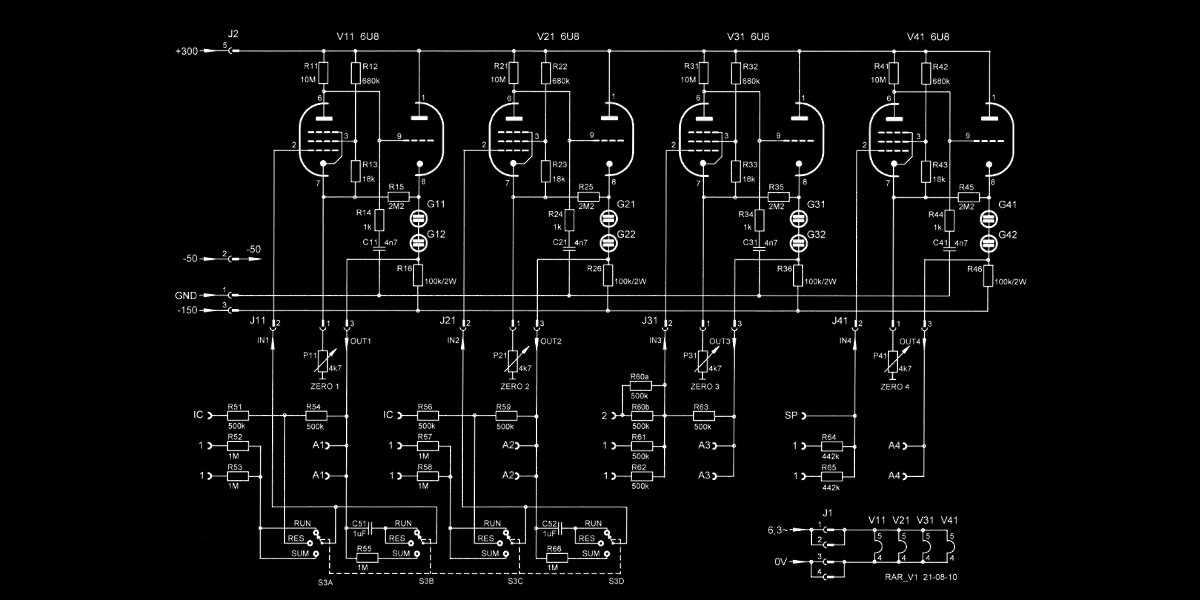Will the Microprocessor Shortage Spark a Renaissance in Analog Engineering?

The past decade has seen a relentless push towards smart devices, the Internet Of Things, and increasing computerization of everything. Today, washing machines, dishwashers, and a myriad of other simple appliances are stuffed with so many computer chips that they routinely break within months of purchase. The motors, pumps and other mechanical parts are usually fairly robust, but the control boards and other microprocessor-laden components are fragile and failure-prone.
It wasn't always this way. When I was a kid, washing machines were mechanical. You turned the dial, and it operated a simple timer. Fill for a few minutes, then soak, agitate, drain, rinse, drain, and spin. The machines lasted for decades, and with only a handful of moving parts to choose from, repairs were simple.
This delightful simplicity was demonstrated perfectly by a refrigerator commercial from 1956, which recently caused a stir on social media. The Frigidaire "Cold Pantry" in the ad featured a variety of thoughtful design elements - pull-out shelves, a see-through produce hydrator in the door, and more - that are absent from modern fridges. A typical comment was "Bruh this 1956 fridge has more features than my new one."
All the impressive features of the vintage refrigerator had one thing in common: they did not rely on digital electronics. In the pre-microprocessor era, engineers found ways to innovate that did not rely on computers or network connectivity. This is not as much of a limitation as you might think. Analog electronics are perfectly capable of managing functions such as timers, thermostats, and sequential processes (like a dishwasher wash cycle). Analog circuits can even be used for basic computing, as demonstrated in the video below.
A side effect of this approach was a level of durability and reliability that is no longer found in any consumer product more complex than a corkscrew. It used to be common for appliances to last for 20-plus years. Now, a "reliable" appliance is one that lasts more than three or four years. Sometimes, the point of failure is a mechanical component, but usually a modern appliance breaks down, not because there’s anything wrong with the motors or the pumps, but because something went wrong on the microprocessor-laden control board.
A myriad of creative opportunities still exist in mechanical and analog engineering, but the 21st century emphasis on computerizing everything has essentially hidden those opportunities from the last two generations of engineers. Fortunately, every trend has a counter-trend, and there is a small cohort of engineers giving analog appliances and computers a closer look.
As supply chains continue to deteriorate, and the relationship between the the United States and China - the world’s leading supplier of microprocessors - lurches towards open conflict, perhaps engineers will once again discover that necessity is the mother of invention. Appliances don’t need computers to work well, and, as the 1956 Frigidaire vividly demonstrates, they - and we - might be better off without them.

